Tadić heads world leaders' list
Boris Tadić tops the latest Oxford Analytica consulting house list for exceptional political leadership, at home and abroad.
Sunday, 27.07.2008.
14:32

Boris Tadic tops the latest Oxford Analytica consulting house list for exceptional political leadership, at home and abroad. According to Oxford analysts, whose clients since 1975 include U.S. and many other government and financial institutions throughout the world, the arrest of Bosnian Serb leader Radovan Karadzic was a “great victory” for the president and his Democratic Party (DS). Tadic heads world leaders' list In a poll of statesmen that have attracted attention through their policy in the last week, Italian Prime Minister Silvio Berlusconi finished second thanks to his success in “pushing through” the Upper Chamber a controversial law protecting senior state officials from criminal prosecution during their mandates, and limiting the investigative powers of judicial organs. Third place belonged to the Indian government that “survived” a no-confidence vote in parliament, thus avoiding having to call early elections in the world’s most populous democracy. The poll, which assesses political moves taken by statesmen and governments over the last week, adds that besides the Kosovo question, the arrest of the remaining Hague fugitives is one of the key obstacles on Serbia’s road to EU membership. The consulting house brings together 1,000 professors and experts from Oxford University and other eminent educational institutions from around the world. Oxford Analytica points out that EU Foreign Policy and Security Chief Javier Solana expressed his confidence that Serbia would be deemed to be cooperating fully with the Hague in the wake of Karadzic’s arrest. Such statements “fuel” Belgrade’s hopes that they will now receive the “green light” to receive EU candidate status. In a second article, the consulting house states that it is “very positive” for Serbia that its security services have shown that they are capable of apprehending Hague fugitives, as it demonstrates that there is political control over these structures. Boris Tadic (FoNet, archive)
Tadić heads world leaders' list
In a poll of statesmen that have attracted attention through their policy in the last week, Italian Prime Minister Silvio Berlusconi finished second thanks to his success in “pushing through” the Upper Chamber a controversial law protecting senior state officials from criminal prosecution during their mandates, and limiting the investigative powers of judicial organs.Third place belonged to the Indian government that “survived” a no-confidence vote in parliament, thus avoiding having to call early elections in the world’s most populous democracy.
The poll, which assesses political moves taken by statesmen and governments over the last week, adds that besides the Kosovo question, the arrest of the remaining Hague fugitives is one of the key obstacles on Serbia’s road to EU membership.
The consulting house brings together 1,000 professors and experts from Oxford University and other eminent educational institutions from around the world.
Oxford Analytica points out that EU Foreign Policy and Security Chief Javier Solana expressed his confidence that Serbia would be deemed to be cooperating fully with the Hague in the wake of Karadžić’s arrest.
Such statements “fuel” Belgrade’s hopes that they will now receive the “green light” to receive EU candidate status.
In a second article, the consulting house states that it is “very positive” for Serbia that its security services have shown that they are capable of apprehending Hague fugitives, as it demonstrates that there is political control over these structures.















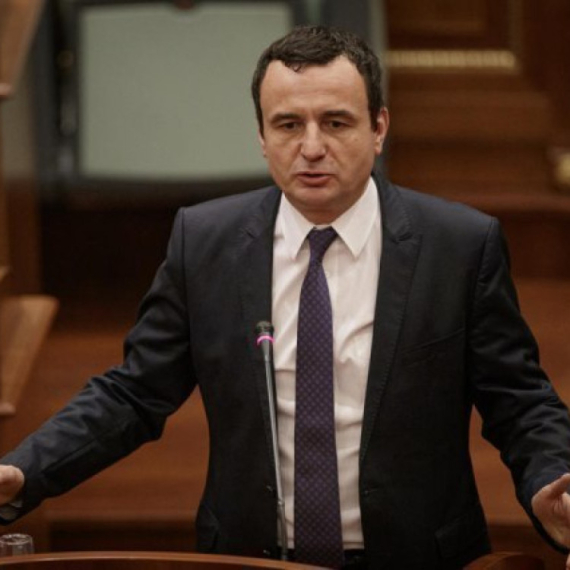
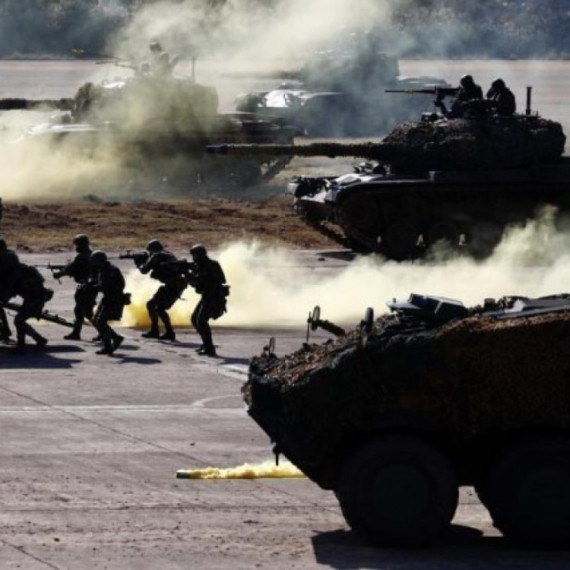




















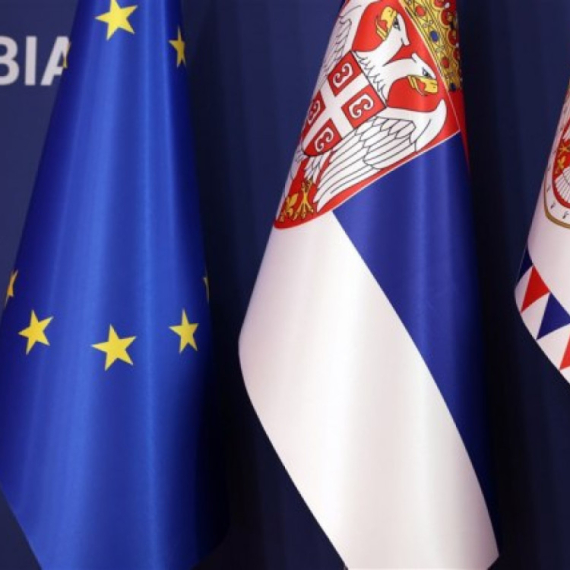
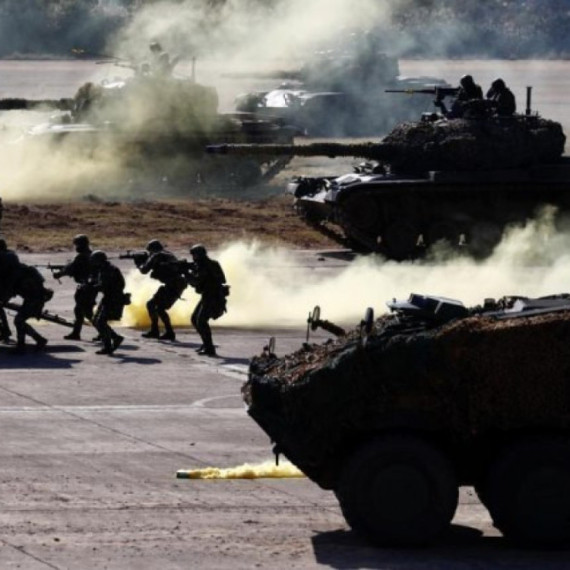

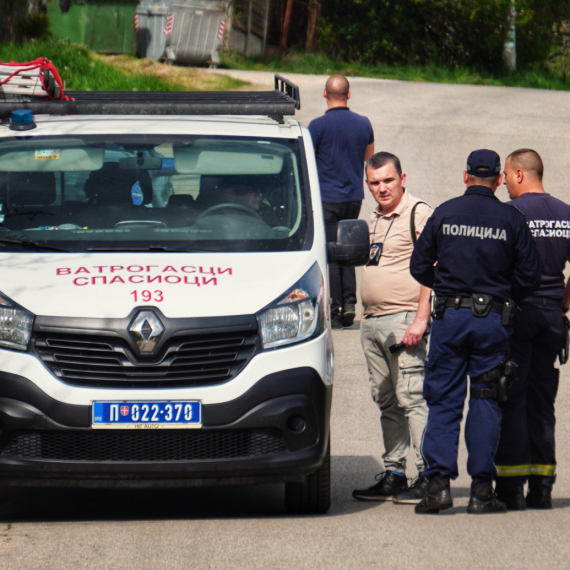
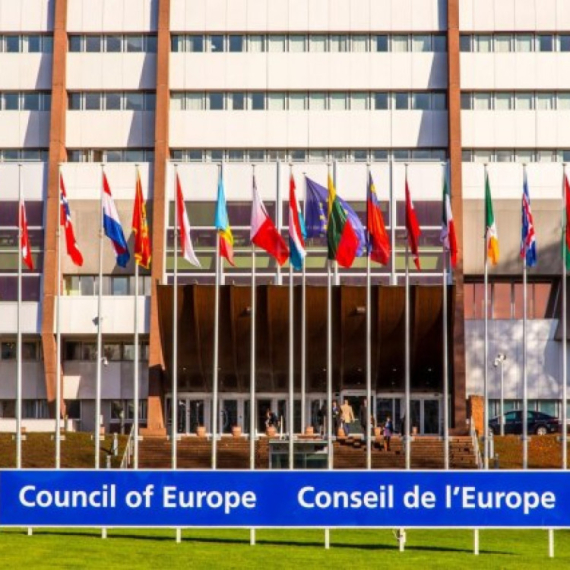
















Komentari 3
Pogledaj komentare